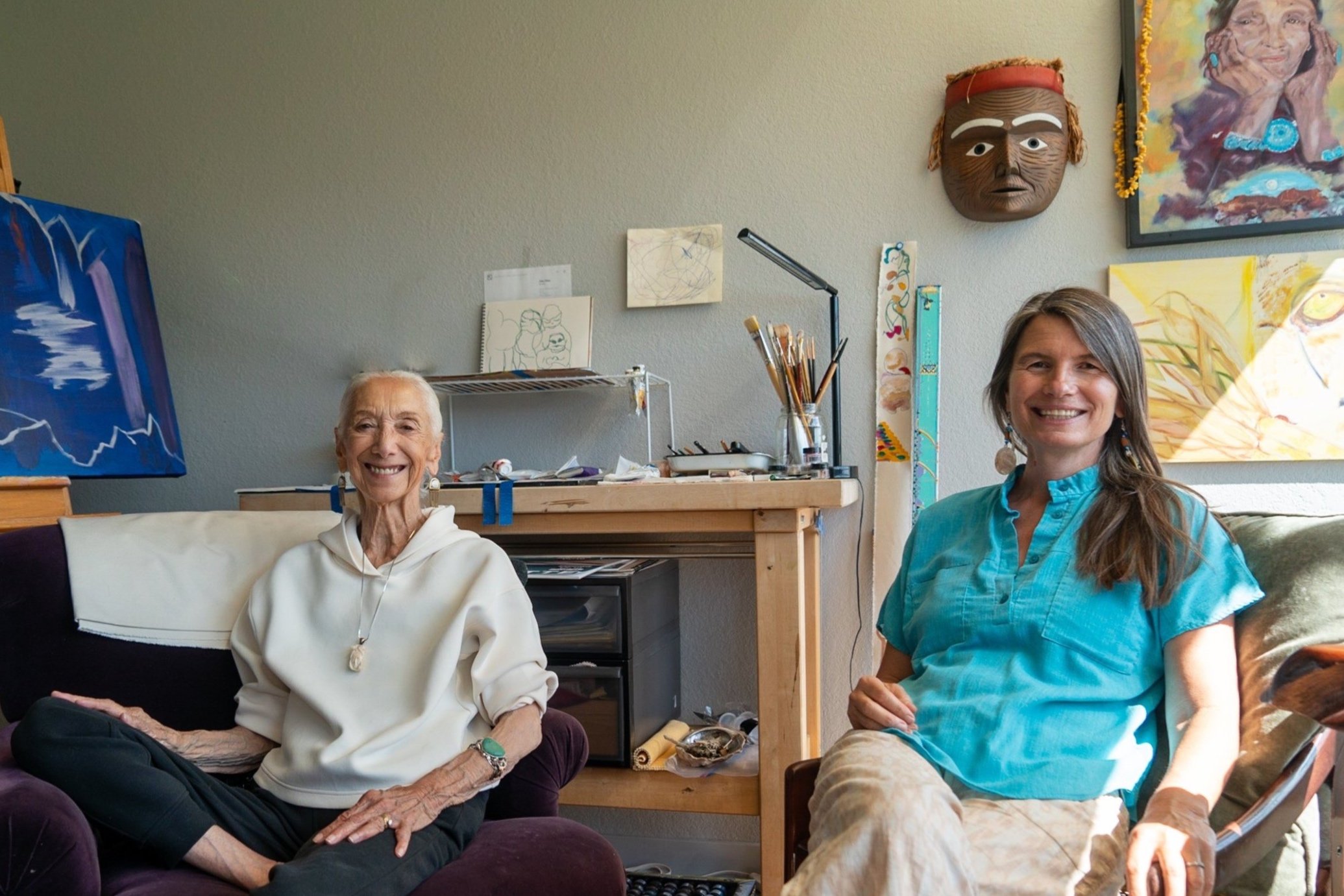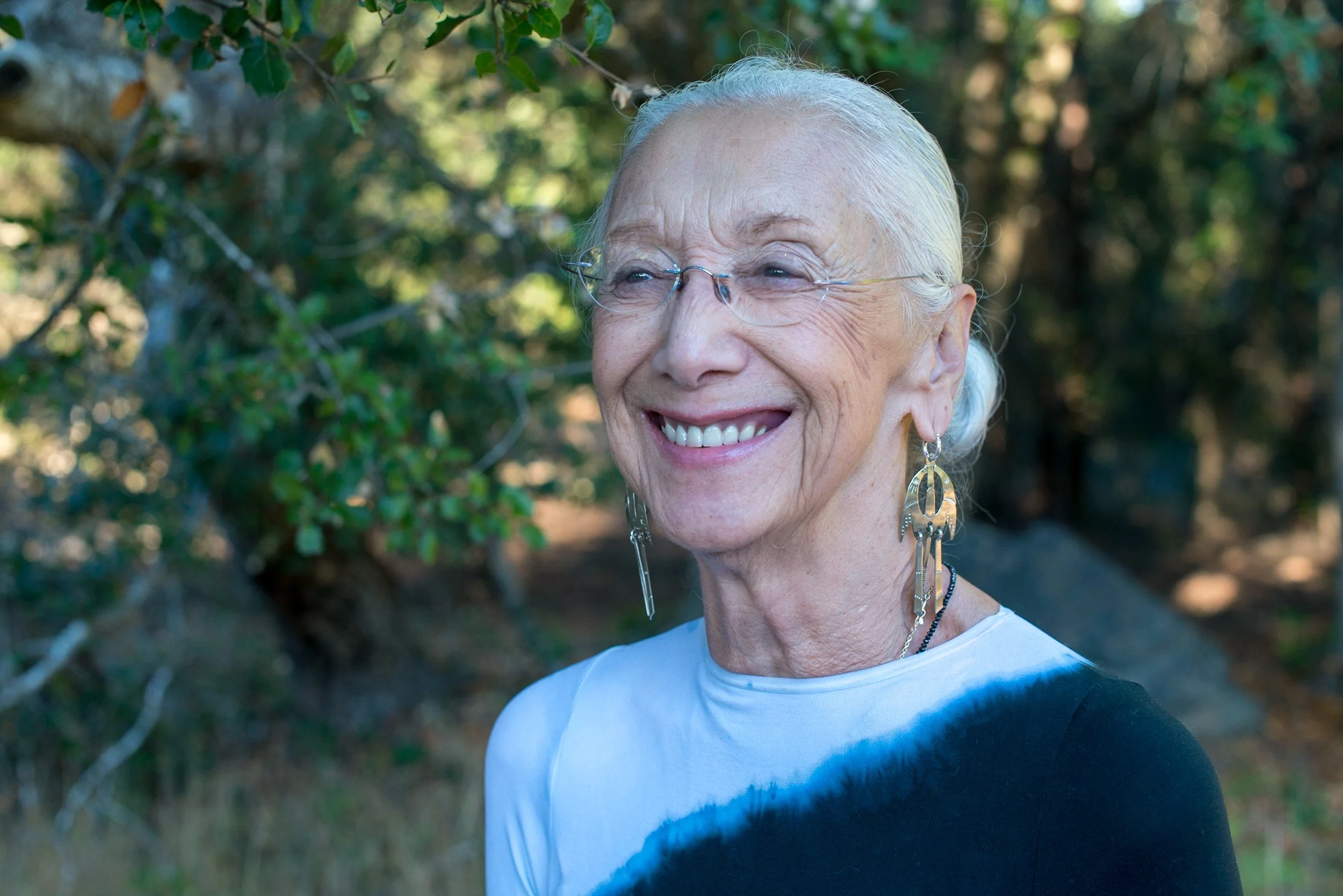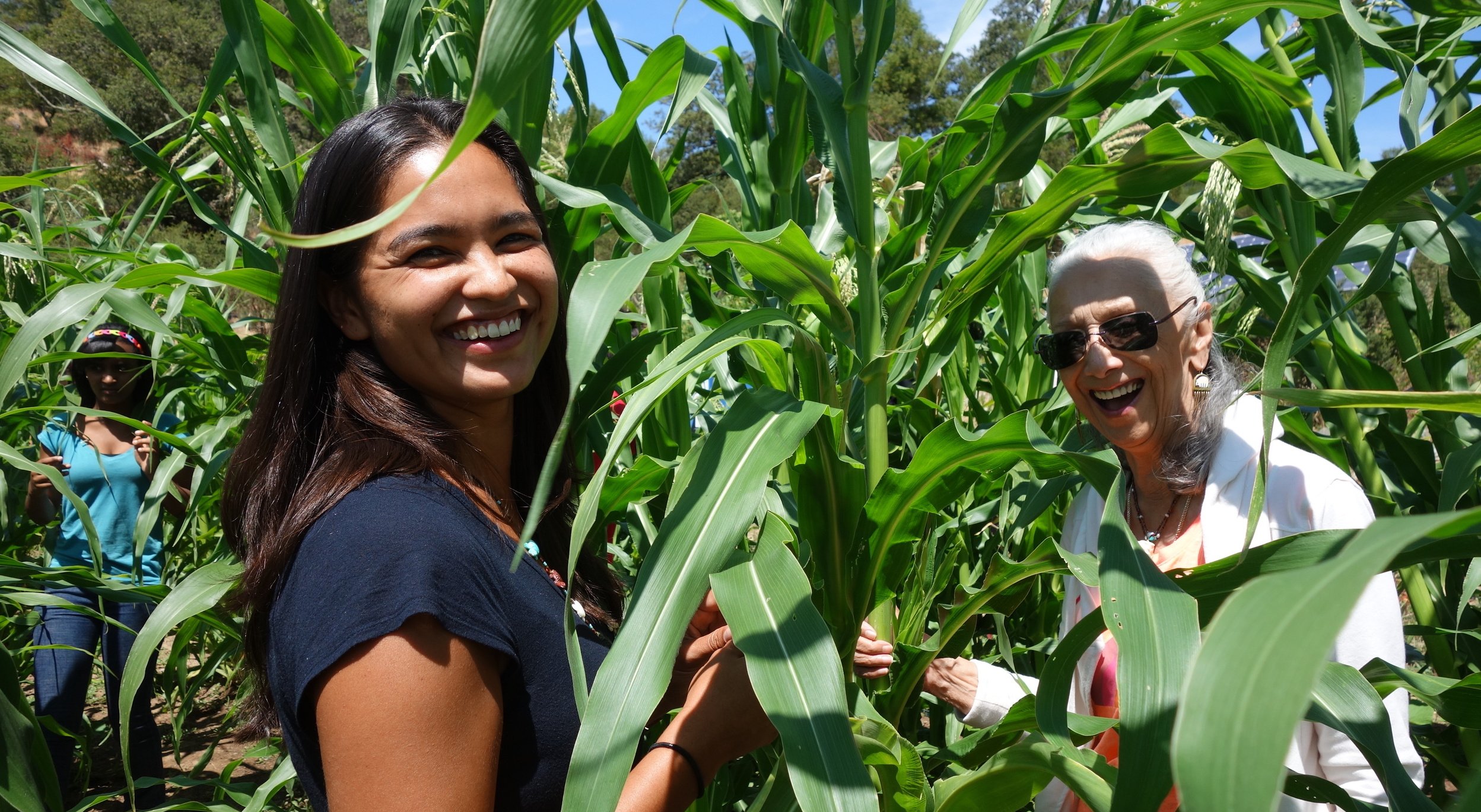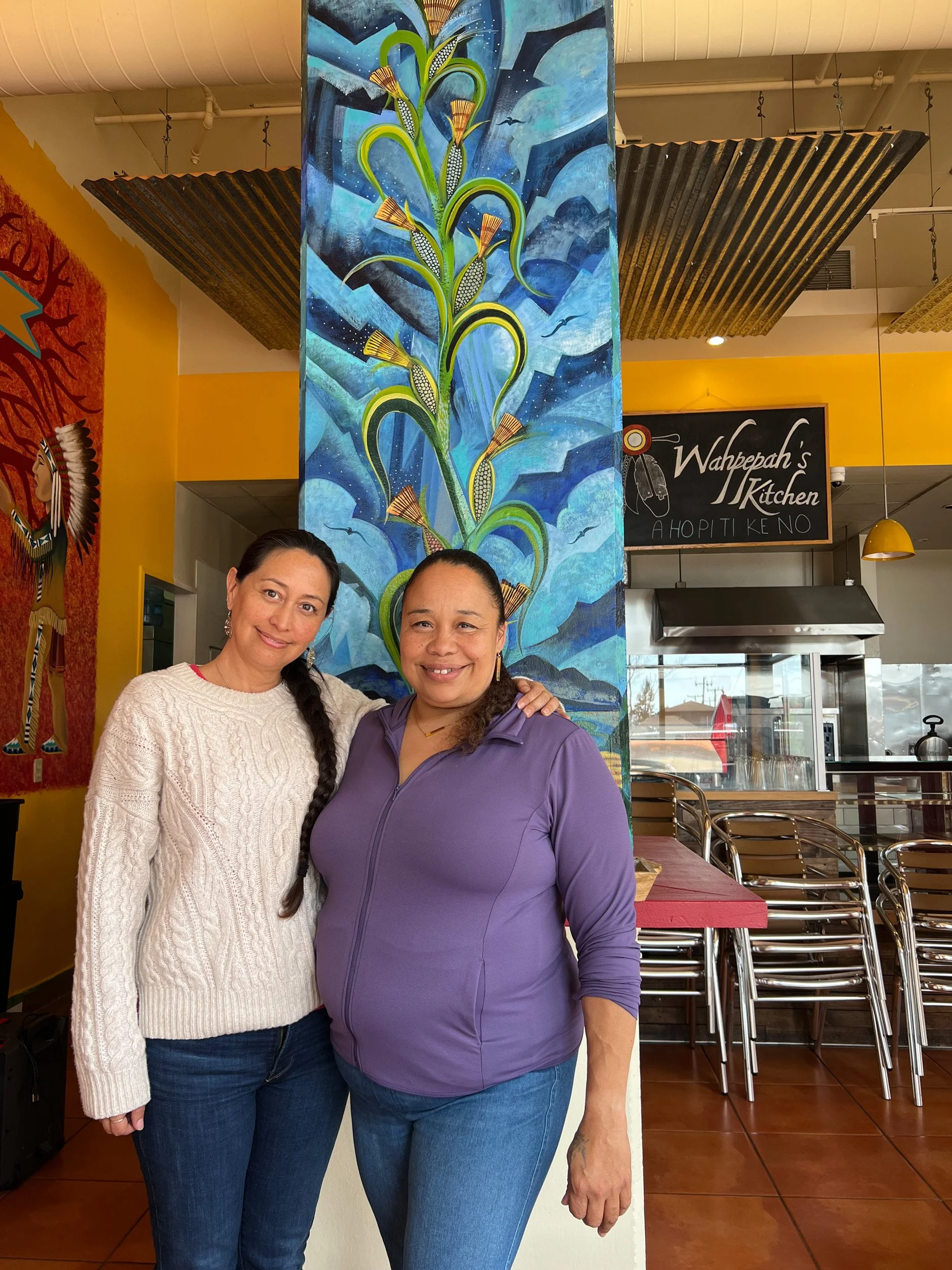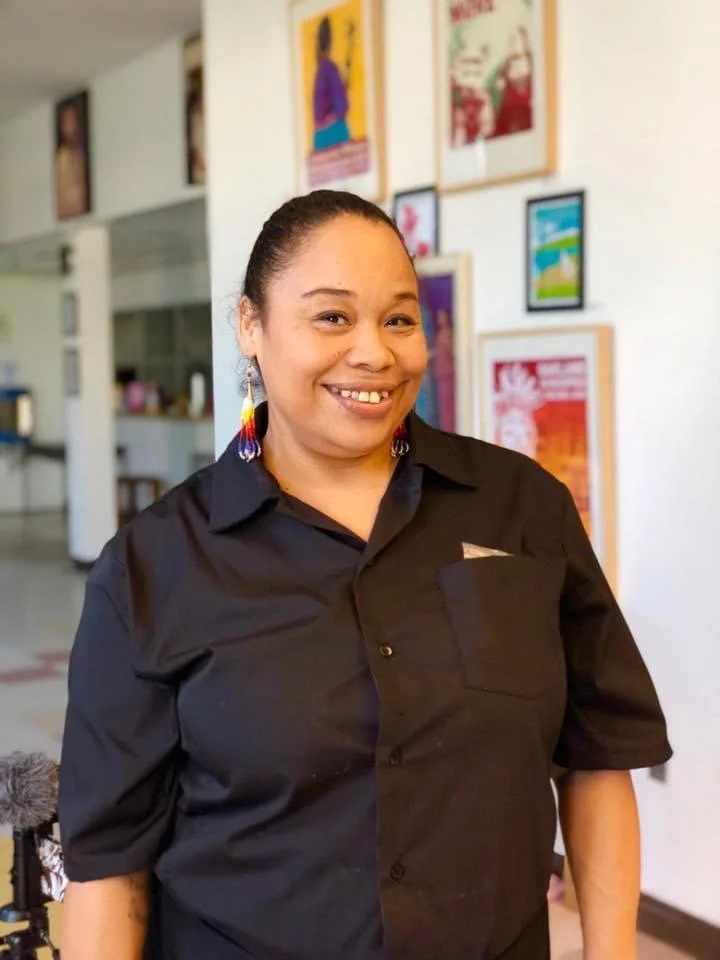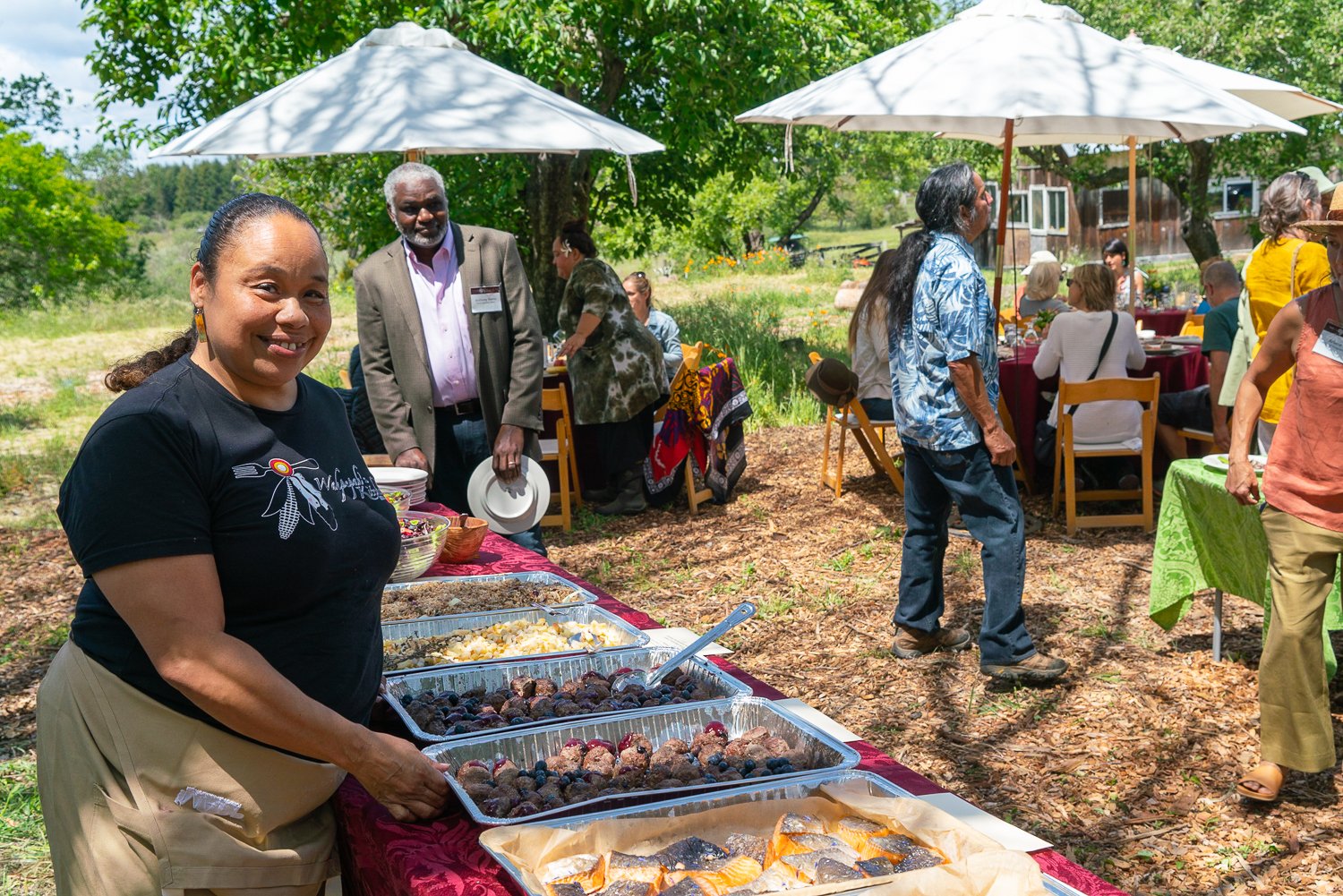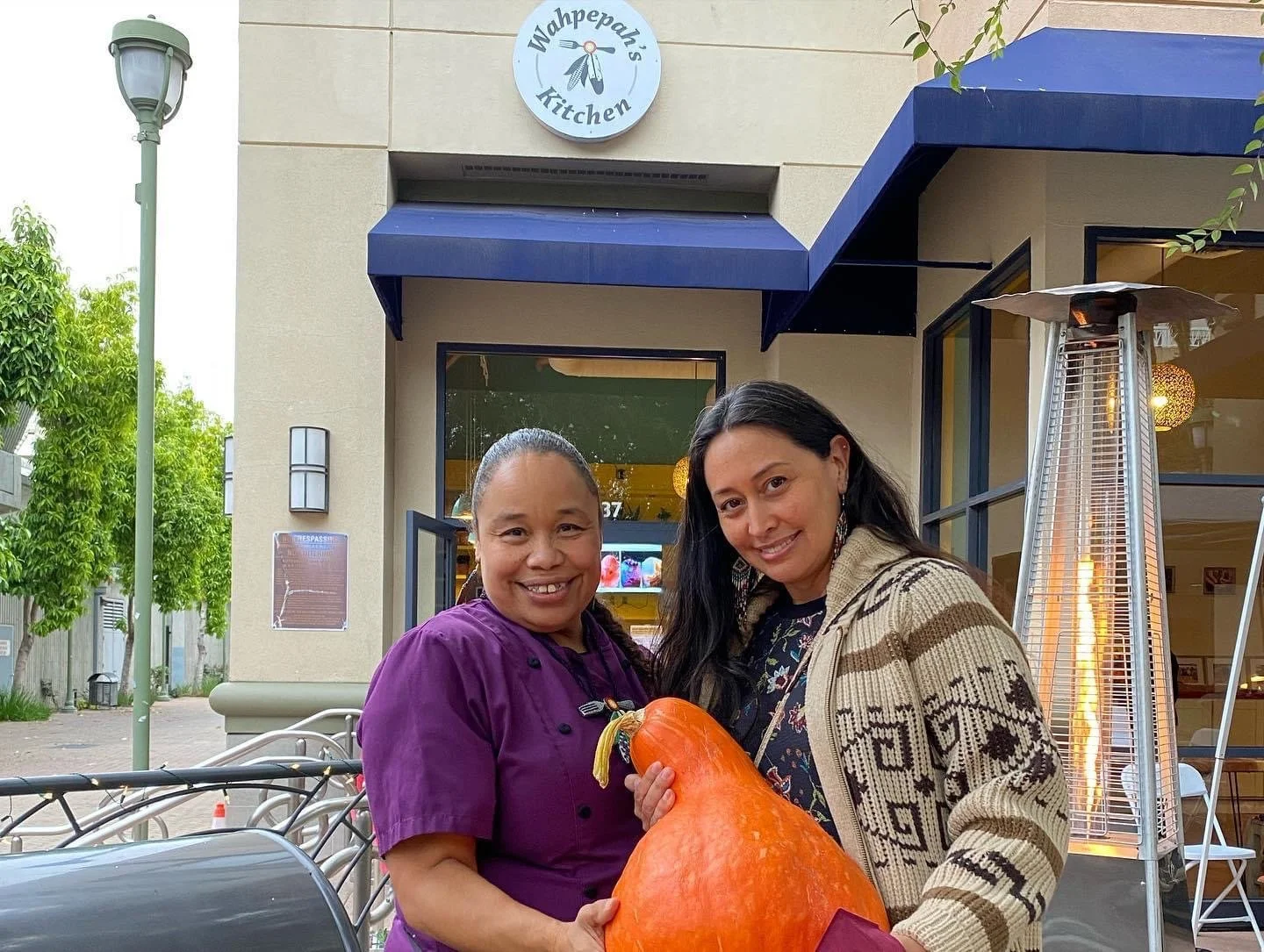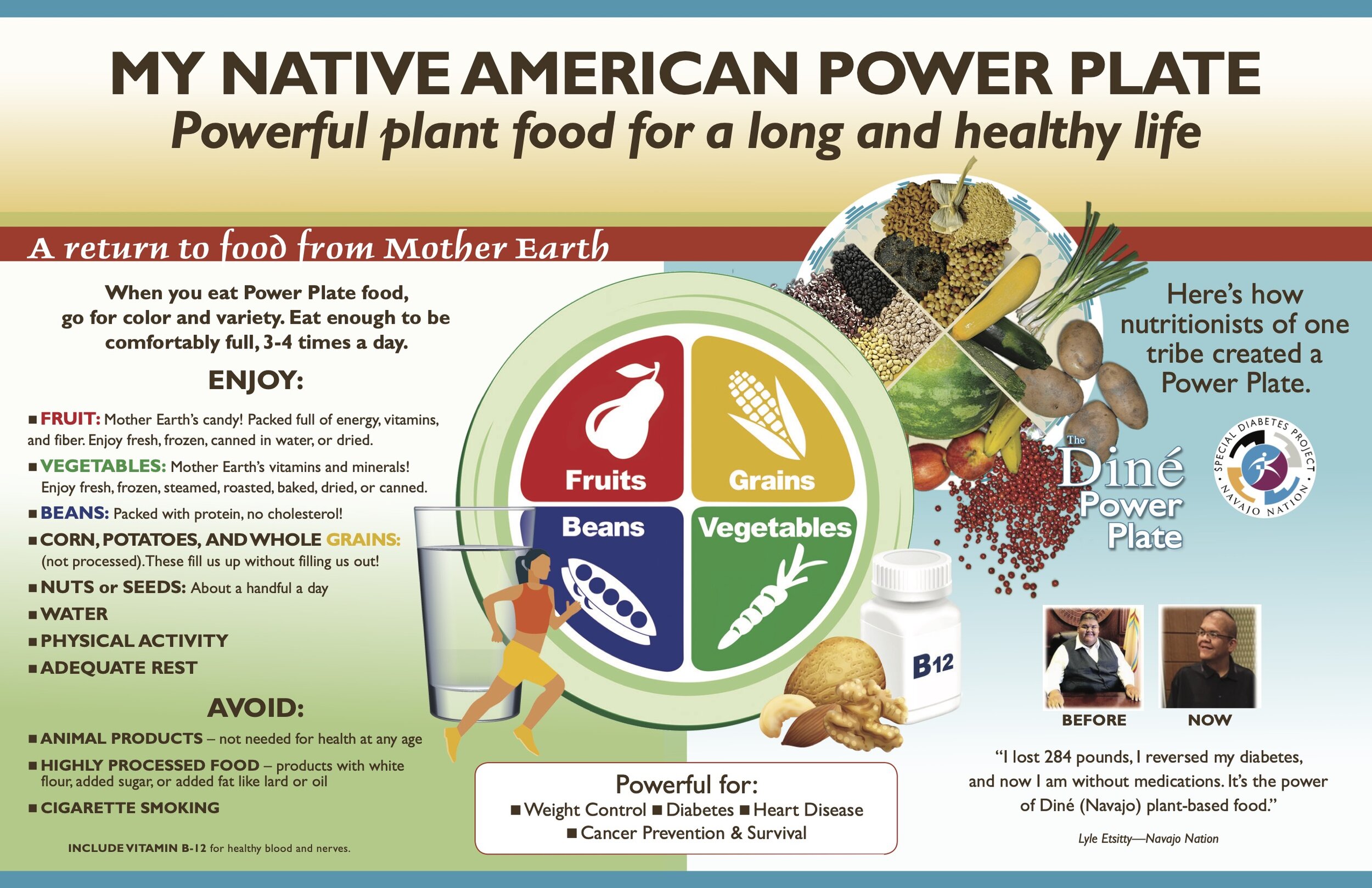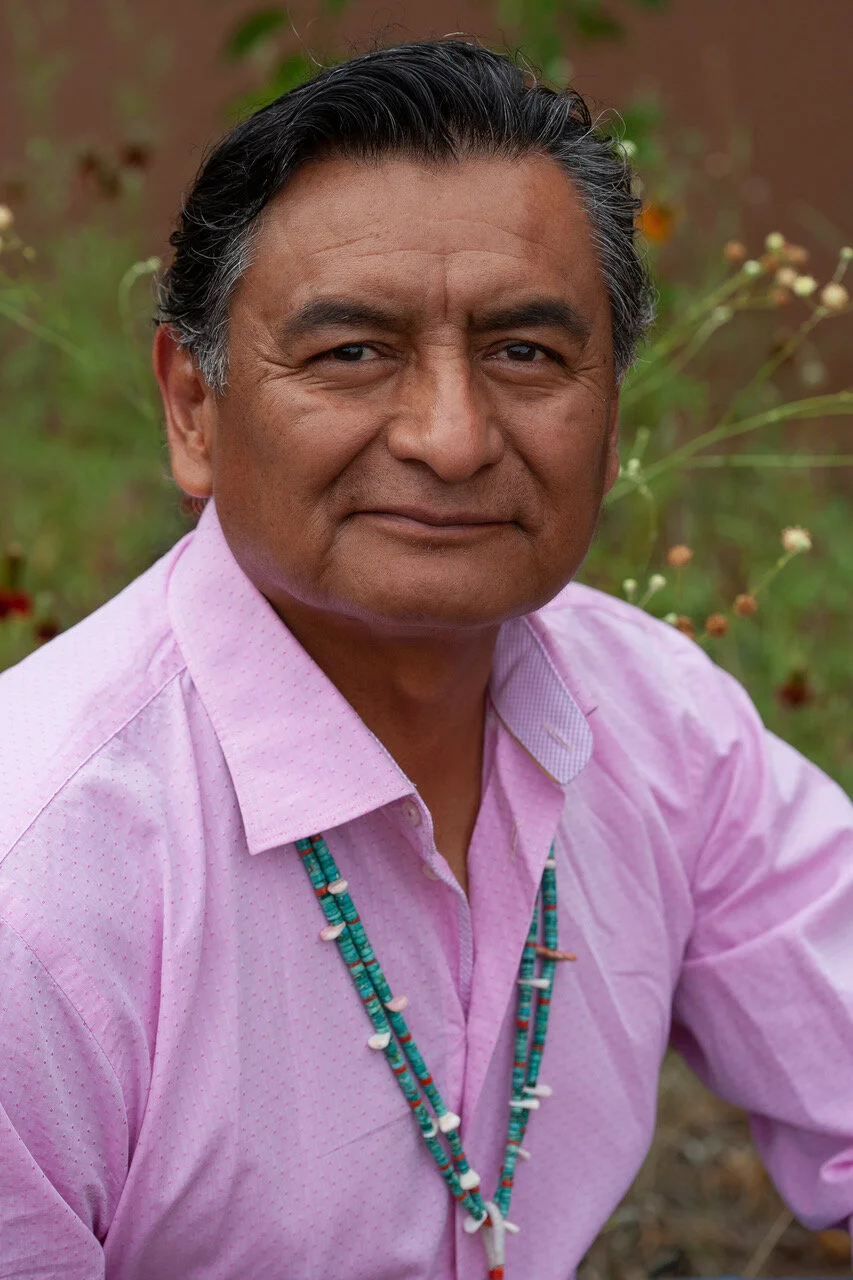Speaker: Rose Imai | Air Date: October 12, 2022 | Run Time: 45 mins | The Native Seed Pod: Season 3
First Scientist: Exploring the Harmonics of Abundance with Rose Imai
In this final episode of the season, we honor the voice and wisdom of Rose Imai, a beloved Tuscarora elder who passed into the spirit world on April 22nd, 2022. We recorded this episode in Rose’s home studio in the summer of 2021 and worked with her on shaping it along with her visual art series “The Children Series,” and the “Four Horses of Healing.” Stay tuned for a special video release featuring those teachings soon.
In this free-flowing conversation, Rose shares her inspiration for the “first scientist” vision, a pregnant woman planting seeds in the Earth. With that story and image as a springboard, Rose and host Melissa K Nelson traverse many topics, from the song of corn to the harmonics of abundance. At 83, with an illness, Rose shares profound philosophical and spiritual insights as someone preparing to face death. Embodying the first scientist herself, Rose uncovers the many layers of human experience as one reflects and prepares for that powerful journey, in her own words, “within the whole,” while being fully alive with humor, wit, and love.
Melissa’s work with Rose inspired her to write a love song to “first scientist,” which is recited at the beginning of the episode. The beautiful song at the beginning and end of the episode is a special traveling song sung by Leroy Little Bear, one of Rose’s closest friends and a mentor and inspiration to many of us.
The Horse of the West - The Place of Transformation - Where Answers Live - The Children Series - by Rose Imai
“I was born at the foot of Twin Peaks in San Francisco.
Up the hill from our flat below street level was a large vacant lot
filled with wild anise and blackberries,
poppies, yarrow, morning glories, nasturtiums…
I would climb down from the street, to range around and disappear into the sounds and smells,
the spirits of the place.
As a child it was natural to get lost in my senses, and to learn what the Earth feels like.
Later, I lived in the redwoods and began traveling;
the Southwest’s high deserts, the lakes of Minnesota, the Dakota Badlands,
Chaco Canyon where just before dawn, the stars come to dance on the Earth,
on Brazilian beaches, a humid summer day in Russia,
or drunk on the graciousness of Polynesia
I learned these places through how they feel, what they sound like,
how they smell and taste.
I go to the Earth for inspiration, solace, to play, learn, hide, grieve or find courage.
I live her rhythms.
My paintings reflect kinship with the natural world and its consciousness.
The richest vein of creativity for me and what I explore in my work,
is this sense of belonging. ”
Rose Thater Braan-Imai (Tuscarora)
ABOUT Rose Imai
Rose Thater Braan-Imai (Tuscarora) is a self-taught artist. Her surrealist figurations explore the exquisiteness of our connections to the Earth expressing the sensuality and intimacy of the natural world as experienced through the human body. She works primarily in oils enjoying the depth and range of feeling she finds in their texture and in the way they carry light. She is the Founding Director of The Native American Academy, leading creative projects (Sculpture Garden of Native Science and Learning) and transcultural dialogues between Indigenous and Western worldviews to forward the potential for new knowledge using the lens of the Native paradigm, indigenous learning processes and Native science.
From 1989 to 2000 she served as the Director of Education at University of California (UC) Berkeley's Center for Particle Astrophysics, presenting at national and international forums, including the National Academy of Sciences, the Banff Centre, Goddard Space Flight Center and The National Science Foundation. Prior to 1989, Rose worked in theater (the American Conservatory Theater), television (KQED-TV), and as Liason and Assistant to writer/critic/producer Ralph J. Gleason, co-founder of Rolling Stone magazine before heading her own production company.
Additional Resources
Rose Imai’s website
Human Alchemy. Art that chooses to meet evil with beauty: A response to the discovery of mass graves of Indigenous residential school children in Langscape Magazine
Knowing How You Are Related to All Creation | A Sculpture Garden of Native Science and Learning in Langscape Magazine Sculpture Garden article
Indigenous Science & Technology in The Sentinel
Mind Before Matter: The Primacy of Consciousness Project
Indigenous Spirituality at Work: Transforming the Spirit of EnterpriseGrandfather, How Do I Learn? video with Melissa K. Nelson
Rose Thater Braan-Imai with Kaylena Bray at Indian Valley Organic Farm harvesting onëö corn.
CREDITS
Host/Writer/Director: Melissa Nelson
Producers: Mateo Hinojosa, Sara Moncada
Audio Editor and Engineer: Colin Farish
Audio Recording: Mateo Hinojosa, Sara Moncada
Photography: Mateo Hinojosa, Melissa K. Nelson
Transcript correction and additional editing: Alexandru Salceanu
Original Soundscapes and Songs
Soundscapes and Music Composed and Produced by Colin Farish
except: Traveling Song by Leroy Little Bear
and “Native Insight” by Ella Rose, produced by Colin Farish
©2022 Winds of the Muse
Colin Farish: piano, guitar, drums, and flutes
Jasnam Daya Singh: piano
Max Dyer: cello
Robin Bonnel: cello
Savanah Jo Lack: violin, viola
Ava Nichol Francis: voice
Kai Eckhardt: electric bass
Glen Velez: frame drums
Dierdre McCarthy: drums
Paul McCandless: oboe, soprano sax, English horn
Tina Malia: voice
Ayapishlo: voiceLeroy Little Bear – voice
Paul Hankinson: French horn
Ella Rose - piano and voice (on Native Insight)
Recorded, mixed, edited, and mastered by Colin Farish
at Forest Flower Recording, Mill Valley CA 2022
Also recorded by: Sudhananda Paul Greaver, Max Dyer, and Andre Zweers
A vision of the Sculpture Garden of Native Science and Learning including First Scientist.


